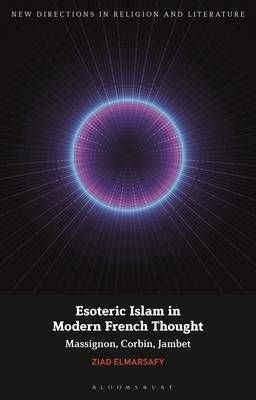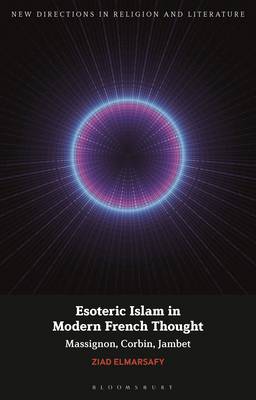
- Afhalen na 1 uur in een winkel met voorraad
- Gratis thuislevering in België vanaf € 30
- Ruim aanbod met 7 miljoen producten
- Afhalen na 1 uur in een winkel met voorraad
- Gratis thuislevering in België vanaf € 30
- Ruim aanbod met 7 miljoen producten
Zoeken
€ 69,45
+ 138 punten
Omschrijving
Why would a devout Catholic, a committed Protestant, and a Maoist atheist devote their lives and work to the study of esoteric aspects of Islam? How are these aspects 'good to think with'? What are the theoretical and intellectual problems to which they provide solutions? These are the questions at the heart of Esoteric Islam in Modern French Thought. The three French specialists of Islam described above form an intellectual and personal genealogy that structures the core of the text: Massignon taught Corbin, who taught Jambet in his turn. Each of them found in the esoteric a solution to otherwise insurmountable problems: desire for Massignon, certainty for Corbin, and resurrection/immortality for Jambet. Over the course of three long chapters focused on the life and work of each writer, the book maps the central place of esoteric Islam in the intellectual life of twentieth and twenty-first century France.
Specificaties
Betrokkenen
- Auteur(s):
- Uitgeverij:
Inhoud
- Aantal bladzijden:
- 192
- Taal:
- Engels
- Reeks:
Eigenschappen
- Productcode (EAN):
- 9781350200180
- Verschijningsdatum:
- 28/07/2022
- Uitvoering:
- Paperback
- Formaat:
- Trade paperback (VS)
- Afmetingen:
- 140 mm x 216 mm
- Gewicht:
- 226 g

Alleen bij Standaard Boekhandel
+ 138 punten op je klantenkaart van Standaard Boekhandel
Beoordelingen
We publiceren alleen reviews die voldoen aan de voorwaarden voor reviews. Bekijk onze voorwaarden voor reviews.











